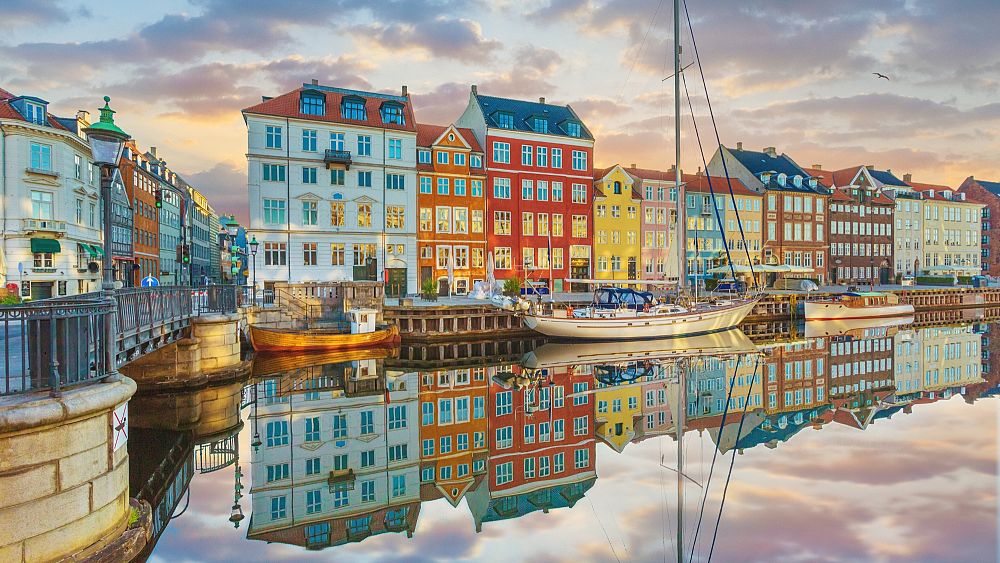If you’ve always wanted to move to Europe, there’s never been a better time. Labour shortages across the continent are making it easier to snap up a job as a non-EU worker.
Denmark is the latest country to loosen its immigration rules in a bid to attract international talent.
By lowering minimum salary requirements, expanding its work permit fast-track scheme, and opening up more jobs to foreigners, the Scandinavian nation is making it easier for companies to hire non-EU workers.
It is also granting foreign students studying in the country an extended job search period following the completion of their university degree.
The amendments to the Danish Aliens Act, agreed by parliament on 23 March, came into force on 1 April.
Which jobs in Denmark are open to foreign workers?
Like many countries across Europe, Denmark is experiencing a labour shortage.
In the first three months of 2022, 42 per cent of companies in Denmark reported recruitment challenges, according to the European Commission.
On 1 July, Denmark updated its 'Positive List for People with a Higher Education' and its 'Positive List for Skilled Workers', which both detail professions experiencing a shortage of workers in the country.
If you are offered a job included on these lists, you can apply for a Danish residence and work permit. Those who are successful will be subject to the same terms of employment as citizens of Denmark.
The country is especially short of science, engineering, healthcare, teaching, IT and finance professionals who are educated to degree level. There's even opportunities for priests with a Master's degree.
To apply for residence with a job that falls within the Positive List for People with a Higher Education, you must show evidence of your educational qualifications. Generally, a bachelor’s or master’s degree is required.
While the lists are updated twice a year, job roles will remain on the lists for two years. The jobs added to the list on 1 July 2023 will be eligible until at least until 30 June 2025.
The updated Skilled Workers list includes a whole range of industries including associate professionals and clerks in science and engineering, business and administration, bookkeeping and social care. It also includes beauty services, food production, metal, machinery, building and trades.
Unlike the Positive List for People with a Higher Education, the jobs on the Positive List for Skilled Work are currently only available until at least 31 December 2023.
Is it easy for foreigners to work in Denmark?
As well as expanding the list of job titles that foreigners can apply for, Denmark is making it easier for companies to recruit third-country nationals.
The pay threshold will be lowered so that more jobs are open to foreign nationals.
Under the new limit, foreign nationals earning at least DKK 375,000 (€50,344) will be able to apply for work and residence permits. Previously, it was set at DKK 465,000 (€62,434).
Danish companies that want to employ foreigners can apply for fast-track certification. This grants them quicker processing of work permits and more flexible terms for employees.
Previously, companies had to have 20 full-time employees to apply for this certification. Under the new amendments, this is dropping to 10 employees, opening the scheme up to more companies.
Denmark is also expanding its start-up scheme for third-country nationals. In the past it was only open to entrepreneurs who hope to establish a new business in the country.
From 1 April, it was extended to those who already own a business in Denmark and those who own a business outside of the country and want to open a branch in Denmark.
International students can now stay beyond their studies to look for work in Denmark
International students studying at universities in Denmark are also being encouraged to stay on after their degree.
They will automatically be granted a three-year job search period following graduation. During this time, they are permitted to search for employment and live in the country without needing to apply for a separate residence permit.
Under the old rules, new graduates were only allowed to stay for two years.


